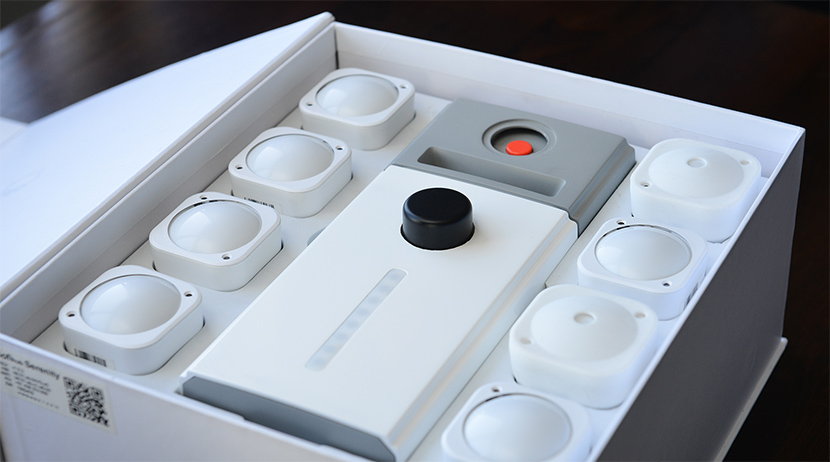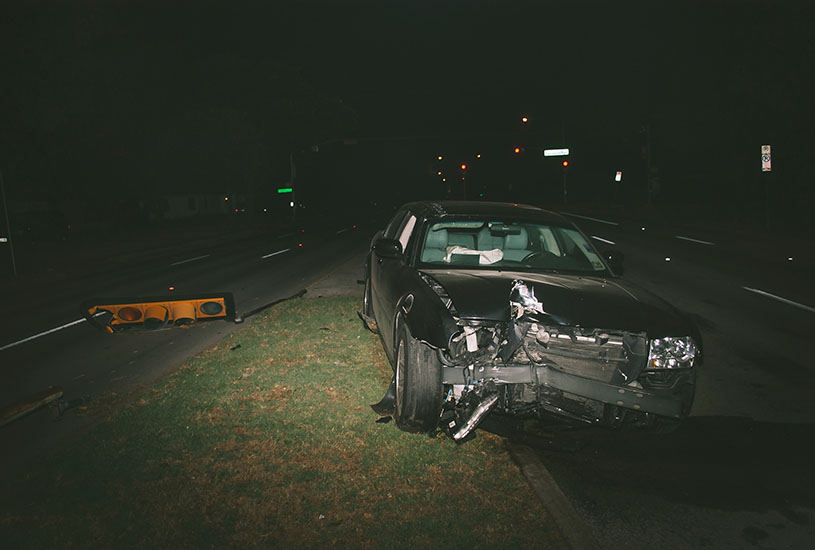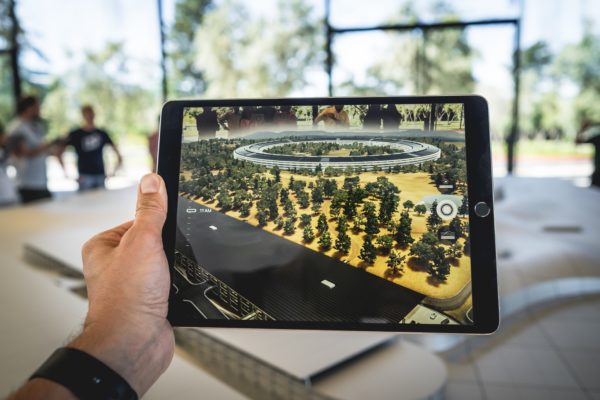A partnership between Deakin and the TAC has led to a trial of new technology to help Victorians seriously injured in road accidents regain their independence.
Technology originally developed to help older people “age in place” and maintain their independence is now being trialled by the Transport Accident Commission (TAC) to improve the quality of life of TAC clients.
The technology, developed by Deakin University’s Applied Artificial Intelligence Institute (A²I²), uses sensors placed around a person’s home to detect their activity and develop an understanding of their daily routine.
The system – known as Sofihub – can then spot anomalies in the routine that affect the person’s health and deliver customised audio reminders about medication times and daily activities.
Sofihub can also identify if something goes wrong in the home and help detect falls. If a resident fails to respond to Sofihub prompts, carers or medical professionals are automatically alerted.
Co-director of A²I² Professor Kon Mouzakis said it had become apparent during trials with the aged care sector in Geelong that the technology had significant potential benefits for TAC clients and the disability sector more broadly.
“Smart Home technology is achieving greater adoption due to wider availability and lower costs. However, Sofihub goes beyond other systems in the market because it learns and adapts to the user’s behaviour and can be customised to meet their needs.
“At A²I² we’re drawing on our expertise in AI and user experience to develop a solution for the TAC that empowers their clients to live at home independently,” he said.

The Sofihub system
TAC Head of Independence Liz Cairns said about 5000 Victorians were seriously injured on Victorian roads each year, with about 90 of those injuries including quadriplegia or severe acquired brain injury.
“The trial of the Sofihub sensor and audio technology is a part of the TAC’s commitment to continually look at innovative ways to increase the independence of Victorians who are seriously injured on our roads.
“This trial has the potential to significantly increase the ability of TAC clients to have a greater level of autonomy in their day-to-day living, and provide them with a better quality of life,” she said.
“If successful, this technology has the ability to be rolled out across the state to benefit thousands of Victorians.”
A²I² collaborates with industry to act as a catalyst for change through the use of artificial intelligence (AI). The Institute’s team of research fellows, data scientists and software engineers is led by Professor Mouzakis and Alfred Deakin Professor Svetha Venkatesh and contributes to the development of human-in-the-loop AI and AI experimentation for sectors such as defence, health care, security, social media and advanced manufacturing.
The TAC trial is also supported by Monash University through the input of an occupational therapist who works with TAC clients to ensure the technology is customised to their needs.
Depending on the outcome of the $60,000 six-month trial, Sofihub may be adopted by other areas of TAC.
Footage courtesy of Seven News
Main photograph (left to right): Mr Ben Carter, General Manager, Residential Independence Pty Ltd, Transport Accident Commission; Mr Ian Aitken, Managing Director, Sofihub; Ms Liz Cairns, Head of Independence, TAC; Mr Andrew Vouliotis, Product Manager, Deakin Software and Technology Innovation Lab
Published by Deakin Research on 22 January 2018



